In a heated standoff that has gripped Nigeria’s fuel industry, independent petroleum marketers and the Dangote Refinery have found themselves locked in a battle over fuel prices, import competition, and quality control.
While Dangote’s newly announced price of N990 per litre for petrol has stirred discontent, marketers argue that their imported products are more affordable at N978 per litre, aiming to meet the average Nigerian’s need for cheaper fuel. This ongoing clash has sparked fresh debates about pricing, monopolies, and the right to import alternatives.
Join our WhatsApp ChannelDangote Refinery Sets Price, Marketers Strike Back
With Dangote’s recent pricing announcement of N990 per litre for petrol truck sales, consumers and industry stakeholders alike are left grappling with a tough decision. The Petroleum Products Retail Outlets Owners Association of Nigeria (PETROAN) and the Independent Petroleum Marketers Association of Nigeria (IPMAN) have stepped in, claiming they can import petrol at a landing cost of N978 per litre.
According to PETROAN Publicity Secretary, Joseph Obele, the Dangote Refinery’s price fails to account for the significant financial support it received, including forex access at favourable rates during its construction. “If Dangote claims to benchmark its pricing against international standards, it disregards the concessions granted by our government. A fair price would reflect the cost of production plus a reasonable margin,” Obele asserted. “Our imported fuel option provides Nigerians a better deal, and it’s what they want to hear.”
READ ALSO: Nigerians Question Dangote Refinery’s N990 Price As Fuel Hardship Deepens
Price and Quality Concerns Amid Monopoly Fears
While Dangote has championed its product’s superior quality, marketers remain unconvinced, suggesting that the refinery’s pricing limits consumer choice and increases monopolistic control over the fuel market. Obele expressed concerns, “PETROAN’s entry into the market isn’t just about profit—it’s a patriotic move toward solving Nigeria’s energy woes. We advocate for open competition, which is the only way to bring prices down for the Nigerian people.”
Dangote, however, counters these claims, asserting that imported fuel is often of lesser quality, which poses risks to consumer vehicles and public health. “Any claim to provide cheaper fuel likely involves importing substandard products,” warned Dangote Group spokesperson Anthony Chiejina. He pointed out that regulatory bodies currently lack proper testing facilities, adding that subpar products could easily infiltrate the market if PETROAN and IPMAN proceed with their plans.
Import Licenses and Competitive Pressure: Marketers Demand Equal Playing Field
PETROAN and IPMAN’s campaign for a level playing field emphasises the need for competition to stabilize fuel prices. While marketers await import licenses and foreign exchange access at the Central Bank of Nigeria’s (CBN) official rate, Obele voiced frustration with the delays, saying, “We are ready to import high-quality PMS [Premium Motor Spirit] at an affordable rate. But delays in granting licenses and forex access only reinforce Dangote’s hold on the market.”
Supporting PETROAN’s position, IPMAN’s National Secretary, Terlumun James, confirmed that despite dialogue with Dangote to begin lifting from its refinery, they remain committed to exploring import options. “The Nigerian market deserves diverse suppliers to prevent exploitation,” he emphasized. “As an association, we are against monopoly, and we need government backing to open up the sector.”
Experts Weigh In: Monopoly or Market Control?
Economists and industry analysts have also joined the discourse, raising concerns over the dangers of a single-operator model in Nigeria’s fuel market. Dr. Akin Adeleke, an economist at the University of Lagos, highlighted, “Market monopolies can lead to price exploitation, which Nigerian consumers, already burdened by inflation, cannot bear.” He explained that the Dangote Refinery’s control over the sector risks sidelining smaller importers, restricting choices, and leading to a stagnant price structure. “Competition, if managed well, would drive down costs, force efficiency, and create a balanced market,” he added.
Similarly, Energy Consultant, Amara Uche, stressed that it’s time for Nigeria to pivot towards an inclusive approach in the downstream oil sector. “Consumers get the best value when competition is fierce,” she said. “It’s evident that PETROAN’s entry into the market is a call to action, and Nigeria’s fuel pricing model must reflect the diverse players willing to bring more affordable products to consumers.”
The Way Forward: Can Competition Solve the Crisis?
The controversy over fuel pricing has sparked a broader conversation on Nigeria’s dependency on a single domestic refiner and the barriers facing alternative suppliers. According to PETROAN, the Dangote Refinery’s monopoly risks becoming an “exploitative model.” By comparison, other regions’ models show that government-backed competition can lead to more affordable options for consumers.
PETROAN’s plea for government transparency in granting import licenses highlights the association’s commitment to competition. “Our goal is simple,” explained Obele. “Give Nigerians access to affordable, high-quality PMS. We are not in this to tarnish Dangote’s brand; rather, we’re pushing for a diversified market where Nigerians have options.”
Industry observers believe that the government’s approach to regulating the sector will prove critical. Obele suggests privatizing refineries like Port Harcourt and Warri, operated in partnership with reputable firms and stakeholders. He believes this will stimulate competition and prevent aggressive monopolistic tactics from dominating the market.
Consumer Impact and Government Role
For now, Nigerians remain hopeful that the rising tension will result in lower fuel prices and improved market fairness. The government’s role in navigating this landscape will determine whether monopoly or competition drives the future of Nigeria’s fuel industry.
PETROAN’s strategic move into the market by year-end might force the Dangote Refinery to reconsider its pricing or, at the very least, prompt regulatory changes that encourage fair pricing.
Amidst this competitive landscape, PETROAN and IPMAN maintain that the answer lies in promoting a robust, multi-supplier model. “With prices nearing N1000 per liter, Nigerian consumers deserve better,” concluded James. “Marketers vs. Dangote Refinery is more than a price debate—it’s about giving power back to the people.”
Emmanuel Ochayi is a journalist. He is a graduate of the University of Lagos, School of first choice and the nations pride. Emmanuel is keen on exploring writing angles in different areas, including Business, climate change, politics, Education, and others.

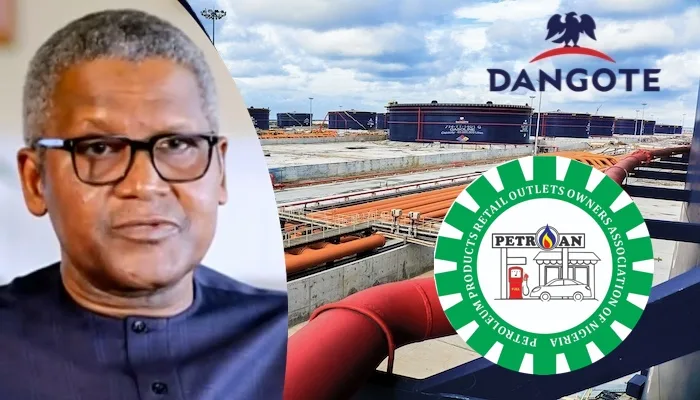



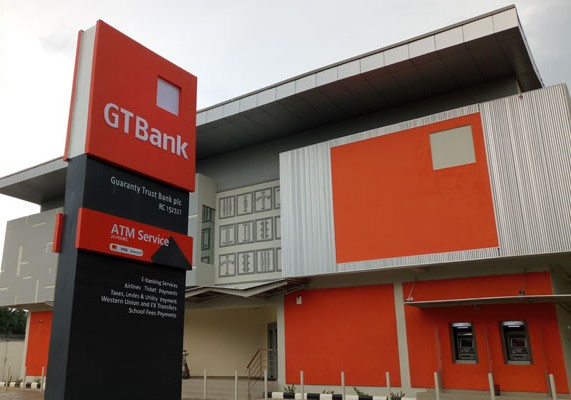
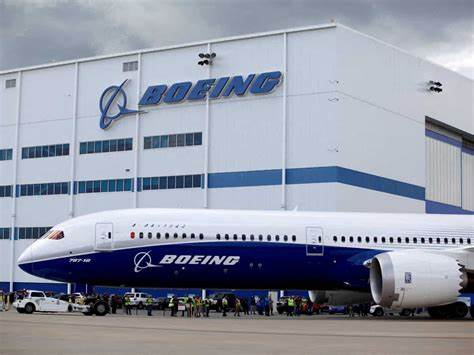








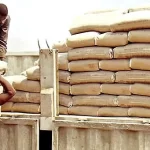

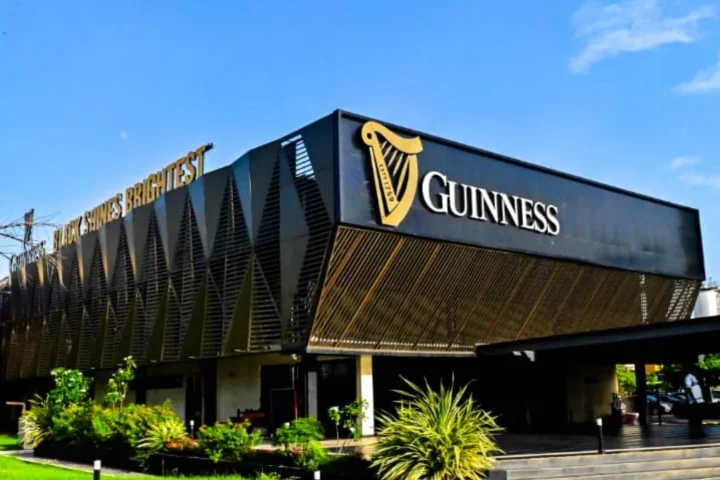

Follow Us